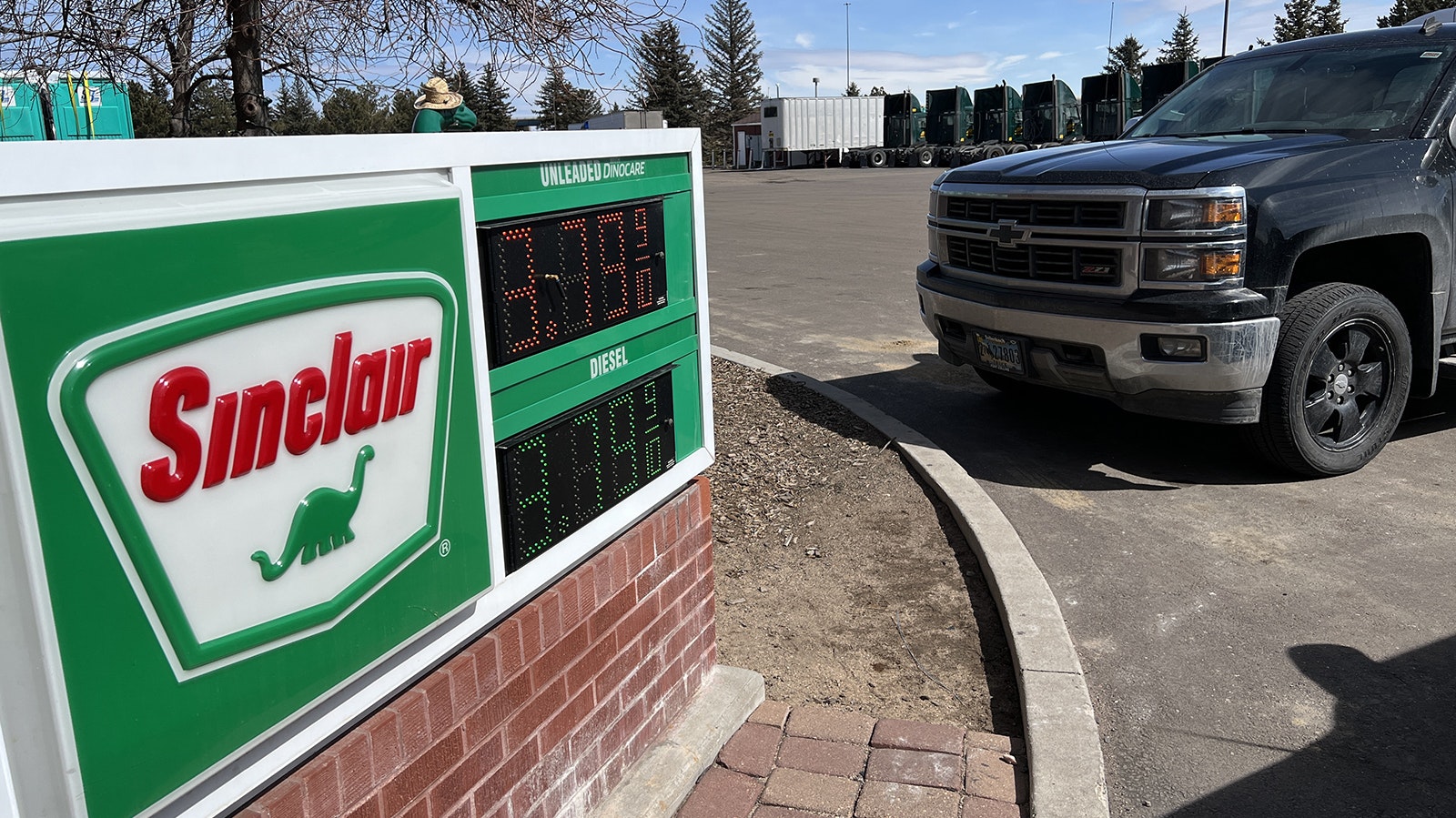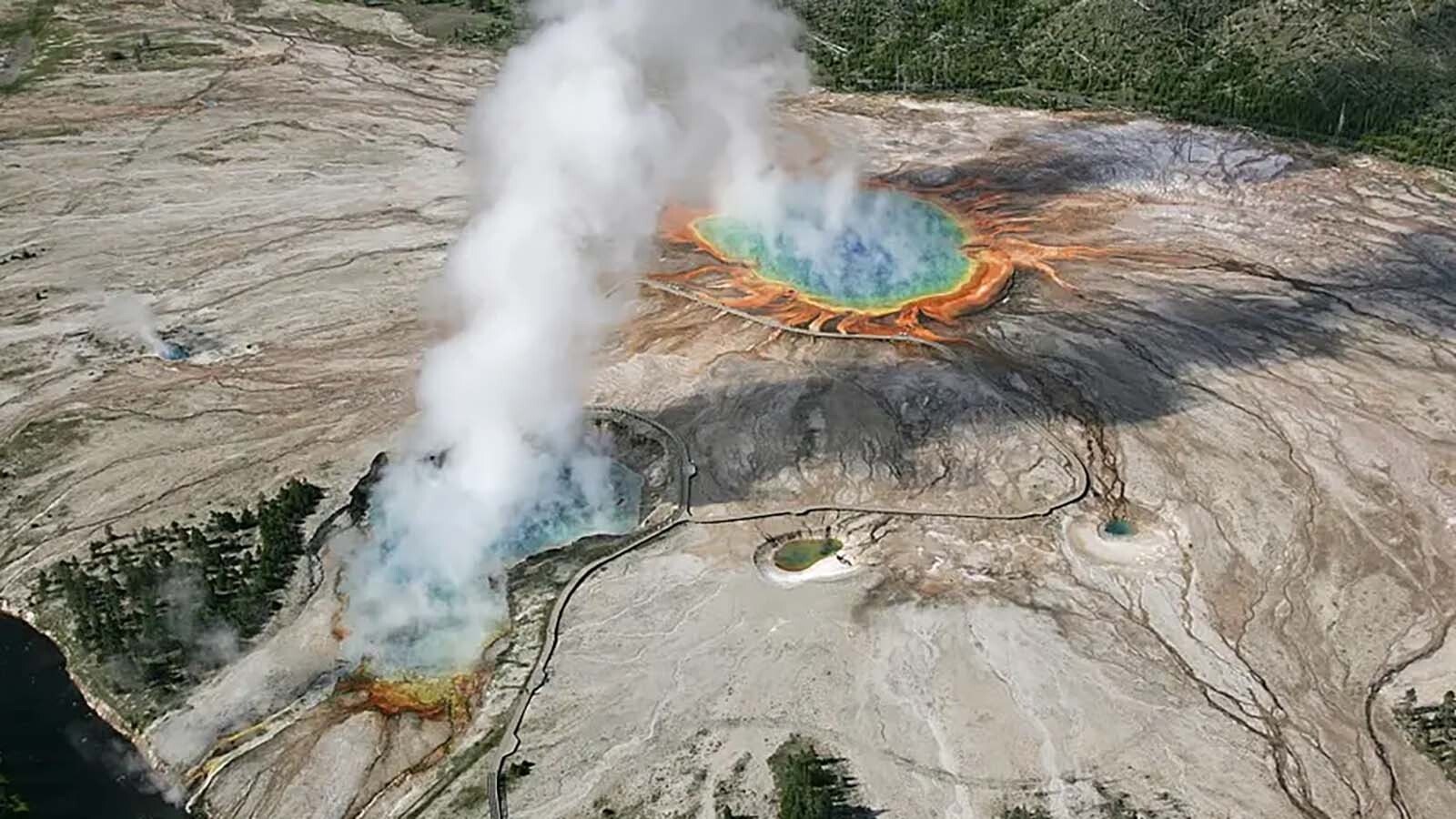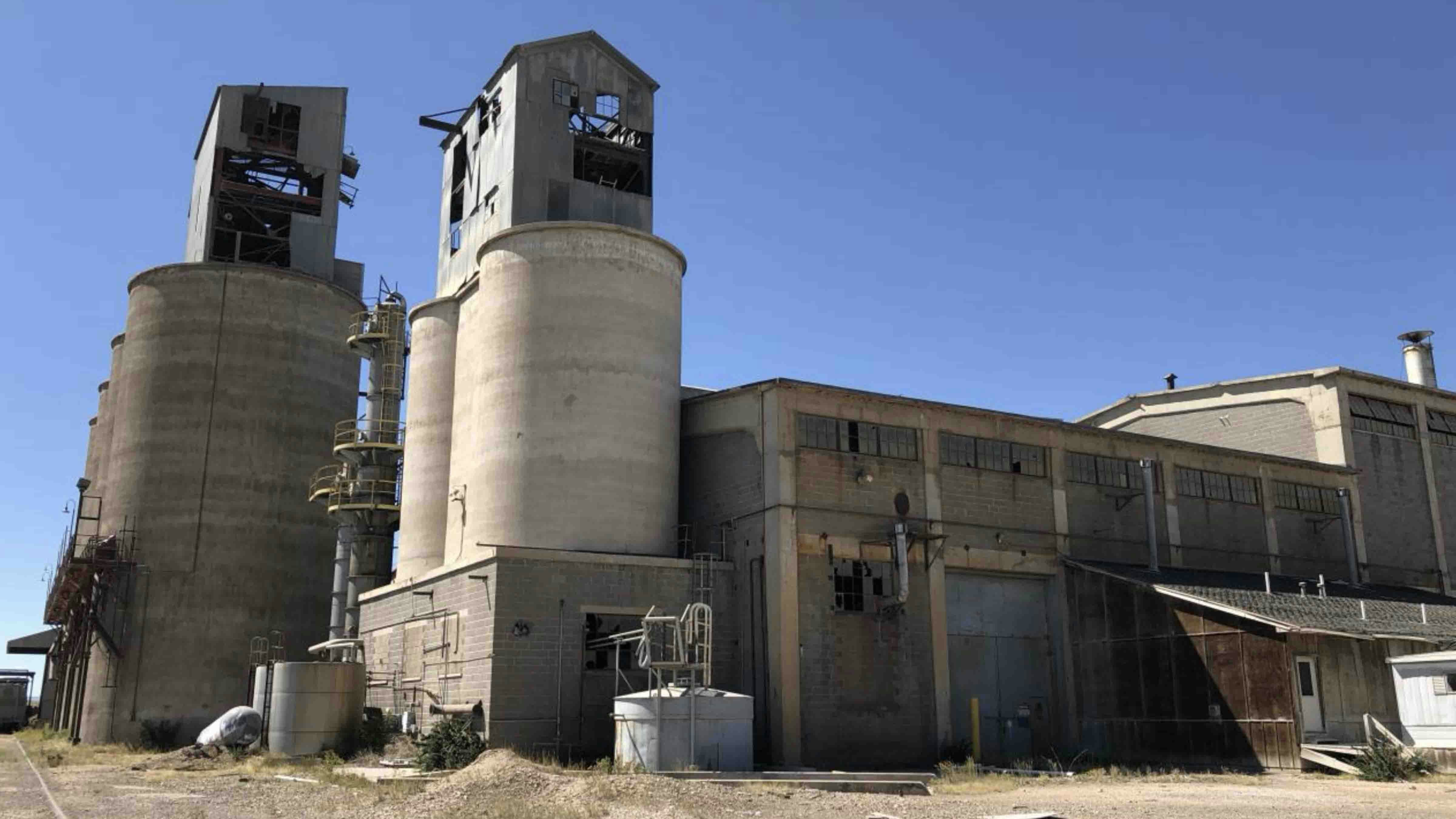The Louisville, Colorado, City Council is unanimous in its support to cap the number of gas stations within city limits as a means to reduce greenhouse gas emissions.
Louisville, which is about 20 miles outside of Denver in Boulder County, has five gas stations for its 21,000 residents. The new ordinance, approved last week, allows for the completion of a previously approved sixth station.
Any new gas stations that want to open within city limits in the future, should any existing stations close, will need to be at least 1,000 feet from any other gas station and will be required to install electric vehicle charging stations.
Modifications of existing gas stations also could trigger the charging station requirement.
Micky Shober, a former Campbell County Commissioner and state House candidate, told Cowboy State Daily he doesn’t see proposals like this one passing in Wyoming.
He also questions how limiting the number of gas stations means people will drive less.
“People are trying to do some things, but sometimes it doesn’t seem like they think it all the way through,” Shober said.
Shutters of the Mind
Cork Hayden was born and raised in Pueblo, Colorado. He received a Ph.D. in physics from the University of Denver and taught for 30 years at the University of Connecticut. He moved back to Colorado after he retired.
Exactly how the cap on gas stations will have any meaningful impact on climate change isn’t clear, but Hayden told Cowboy State Daily he thinks the appeal to people is the simplicity of the idea.
“If it’s as simple as one plus one equals two, up go the shutters of the mind,” Hayden said.
The city of Boulder, Boulder County and San Miguel County are suing ExxonMobil and Suncor Oil companies for climate change reparations.
The lawsuit alleges the companies are impacting the state’s agriculture and skiing industries.
Statements county and city officials in that case have made appear to have no understanding that farm machinery runs on diesel, that modern fertilizers are derived from natural gas, and that skis and winter gear apparently are virtually all made from petroleum.
Hayden said there’s a serious problem with energy ignorance in this country.
“Decades ago, I learned that energy can be neither created nor destroyed, but can be converted from one form to another,” he said. “And I think that is just about as much as most people know. And they even forgot that much. It really is terrible.”
‘Anything And Everything’
Among those who spoke at last week’s Louisville City Council meeting was local resident Joshua Cooperman, who started a petition last year outlining stronger restrictions on new gas station construction.
Cooperman admitted the ordinance wasn’t going to have a significant effect on climate change, but said people should do “anything and everything” we can.
“Preventing new gas stations is predominantly a preventative measure. If we don’t allow new gas stations, then we will prevent greenhouse gas emissions,” Cooperman said.
Cooperman didn’t explain how a minor inconvenience to drivers would accomplish that goal.
Cooperman’s petition declares wrongly that a scientific consensus on climate change included support for policies rapidly eliminating greenhouse gas emissions to mitigate the effects of climate change.
The climate consensus studies, such as Cook et al (2016), only examine whether or not researchers believe that carbon dioxide emissions are contributing to a warming trend, which few people disagree with. The studies never examined research conclusions about the future impacts of that warming trend or any policies to respond to it.
Collaboration
Eric Lund, executive director of the Louisville Chamber of Commerce, told Cowboy State Daily that the ordinance was a “symbolic gesture” to promote the use of electric cars, adding that 78% of the chamber’s members are not in favor of the ordinance.
“We have to speak on behalf of our membership, and so that is our position,” Lund said.
At the council meeting, Lund asked the council to instead of capping new gas station construction, promote installing more charging stations.
“We’re still trying to be collaborative,” Lund told Cowboy State Daily. “Obviously, with the city we’re not trying to be adversaries. So, it’s important for us to work together to try to come up with solutions.”





